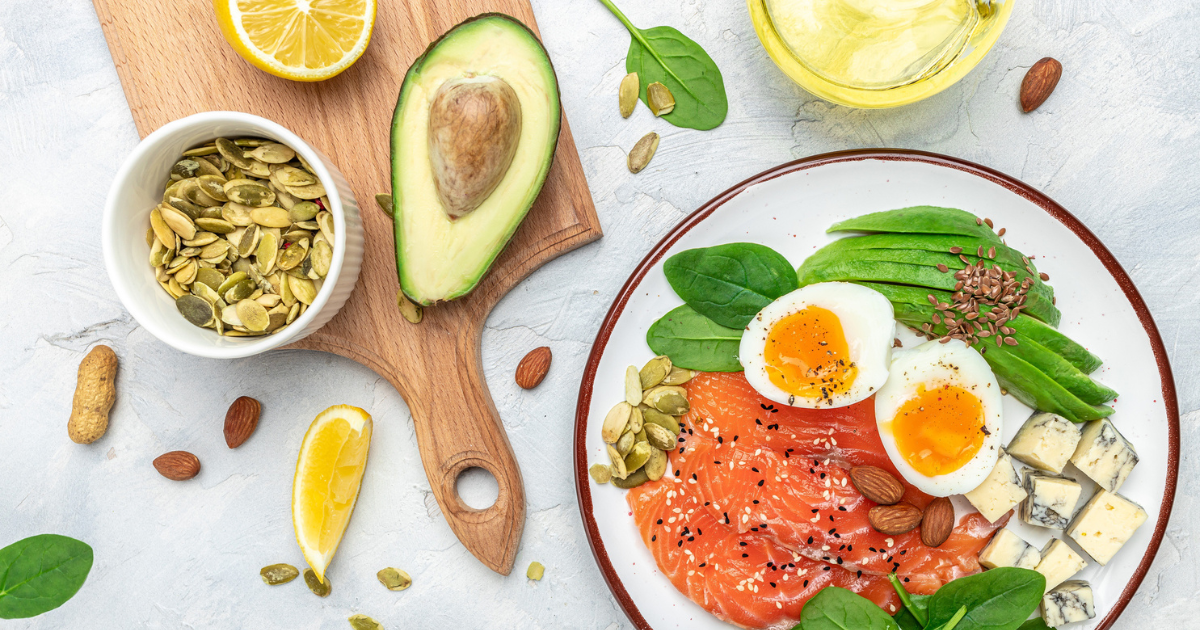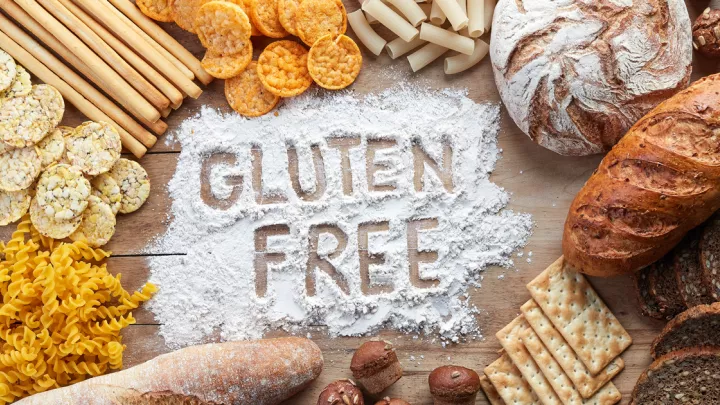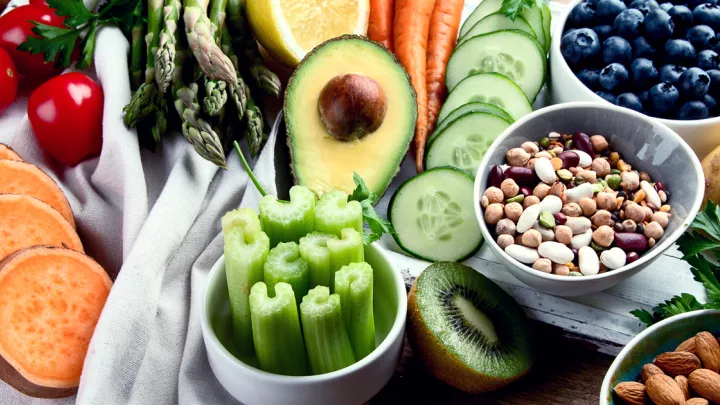Will following the keto diet lower my risk of developing cancer?

The keto diet has enjoyed great popularity in recent years. You’ve probably seen people using this diet for weight loss, but could it also be used for cancer prevention?
What is the keto diet?
The keto diet follows an eating pattern that’s low in carbohydrates, moderate in protein and high in fat. The figures below show how the daily nutrient recommendations of the keto diet compare to the American Dietary Guidelines.

Carbohydrates are our body’s main and preferred source of energy. Foods rich in carbohydrates include legumes, whole grains, fruits and starchy vegetables like corn, potatoes and peas. When carbohydrate intake is decreased, the body starts to break down fat to use as its primary energy source.
How does the keto diet relate to cancer?
Like normal body cells, cancer cells require energy to work and grow. This means they also use carbohydrates as their preferred source of energy. Since a keto diet involves a very limited carbohydrate intake, researchers have been studying how this diet could affect the size of cancer tumors. So far, studies have failed to provide solid evidence that the keto diet is effective at cancer prevention.
The American Cancer Society recommends a general healthy eating pattern for people of all ages to decrease the risk of developing cancer.
Foods recommended for cancer prevention:
- A variety of fruits and vegetables
- Fiber-rich legumes
- Whole grains
Foods to limit for cancer prevention:
- Red meat
- Processed meats
- Sugar-sweetened beverages
- Highly processed foods
- Refined grains
One downside of the keto diet is that it recommends limiting carbohydrate-rich foods like whole grains, fruits, vegetables and legumes. These foods have been found to lower the risk of colorectal cancer and weight gain. Fiber also feeds beneficial bacteria found in the gut, which can play a role in preventing some cancers.
The keto diet can also be very restrictive and may cause constipation and fatigue. It is not recommended during cancer treatment or for those at risk of malnutrition as it may limit energy, protein and nutrient intake and contribute to weight loss.
Nutrition for cancer prevention
Overall, there’s little evidence that the keto diet can lower your cancer risk. The best advice is to make whole grains, vegetables, fruits and legumes a major part of your diet while reducing your intake of red meat, alcohol and added sugar.
Make your plate as colorful as possible and include a variety of foods. This will ensure your body gets the nutrients it needs. Keep in mind that nutrition can look different for everyone. If you’re seeking an individualized approach, a registered dietitian can help you create a customized meal plan.







